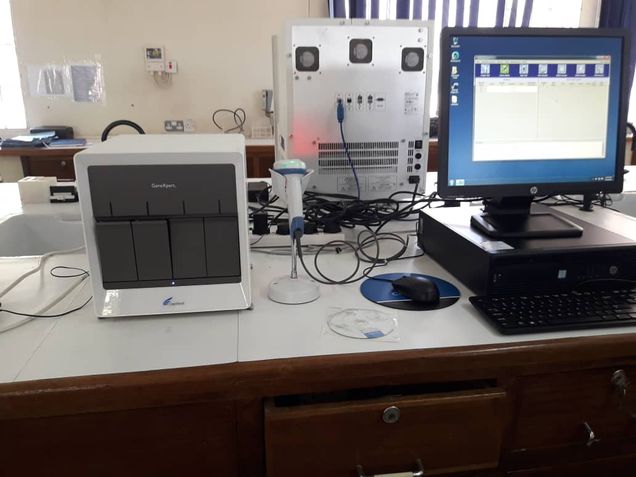Core and Cohort Updates
Admin Core
In June, Jeffrey Samet and Carly Bridden attended the 2018 Research Society on Alcoholism (RSA) Scientific Meeting in San Diego, California along with several members from the Uganda, Russia, and Boston ARCH research teams. The Admin Core hosted an URBAN ARCH dinner to bring together this global group for an evening of lively conversation and tacos. Jeffrey and Carly also participated in a meeting led by Kendall Bryant and Tetiana Balachova for the CHAART research groups to discuss future research directions and opportunities for collaboration.
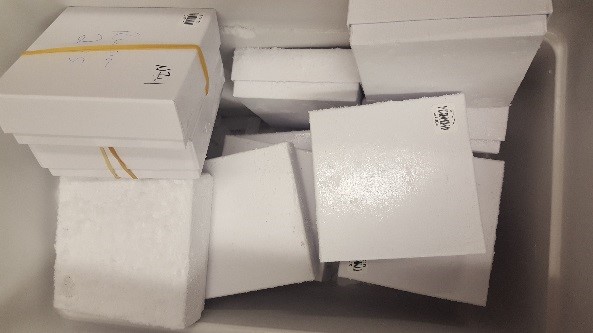
The Admin Core has been hard at work this summer with the URBAN ARCH data and sample repository. Samples arrived from Russia in June. Fecal samples from the ACME and TMAO studies under the Russia cohort were sent to the University of Louisville, where they will be tested using metagenomics sequencing to provide information on how heavy alcohol consumption alters the structure and function of microbial communities in the gut. Additionally, Carly Bridden, Jules Canfield, and Christine Capozzi completed spot checks on over 6,000 samples that arrived from Russia in June. Jules Canfield and Christine Capozzi also rescanned and consolidated all current samples from the Boston cohort. Over 4,000 samples were rescanned and consolidated over the course of 3 days. They also shipped DBS cards from both the Uganda and Russia cohorts to USDTL for PEth testing
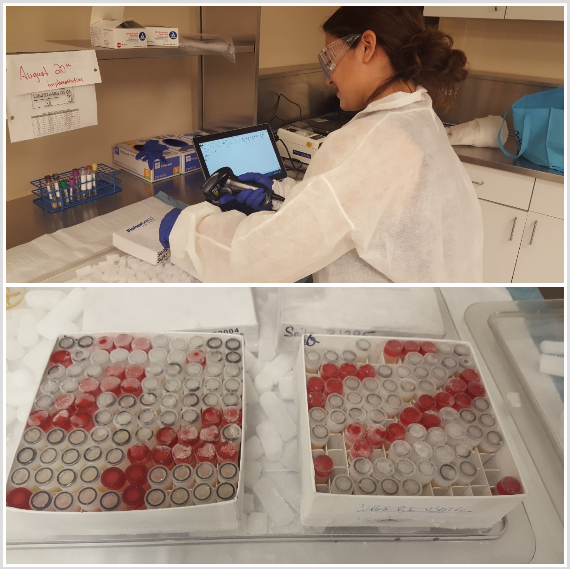
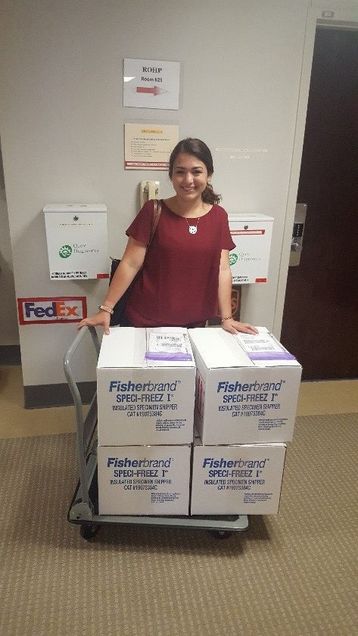
Lastly, the Admin Core is preparing for the fall URBAN ARCH DSMB meeting in October, as well as the 2019 Annual Meeting, which will take place April 9-10, 2019 in Boston. Be on the lookout for a save the date email coming soon!
BDM Core
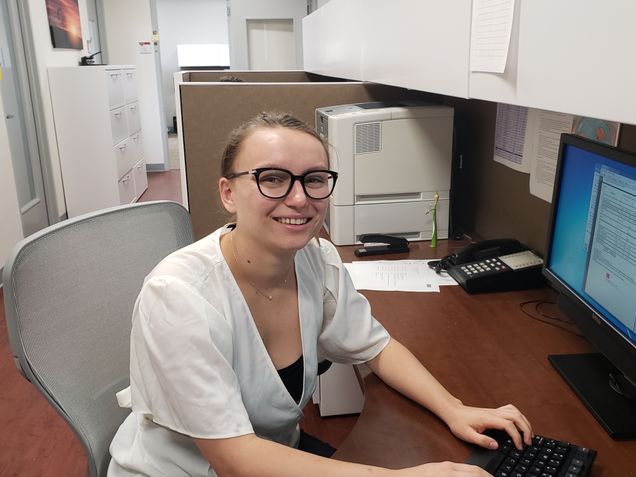
The BDM Core continues to be involved in numerous data management and biostatistics activities within URBAN ARCH. We are also delighted to introduce Amanda Norton, our new BDM Core URBAN ARCH intern. She is a second year MPH student with a concentration in Epidemiology and Biostatistics. Amanda is excited to be part of the URBAN ARCH team!
Uganda Cohort
We begin year 3 of the ADEPTT study with much excitement having met our enrollment targets for year 2 of 100 participants! As of September 1, 2018, we have enrolled 132 participants into the ADEPTT study, including 43 alcohol abstainers and 89 current alcohol drinkers. We have screened 703 participants with 544 eligible for further screening for latent TB, and 136 positive and eligible for the study. We’ve completed baseline procedures for all 132 participants, 127 two-week follow up study visits, 121 month-1 visits, 109 month-2 visits, 103 month-3 visits, 85 month-4 visits, 78 month-5 visits, 69 month-6 visits, 50 month-7 visits, and 30 month-12 visits. Nine participants have discontinued TB preventive therapy (INH) due to grade 3/4 level toxicities and one person discontinued due to being pregnant.
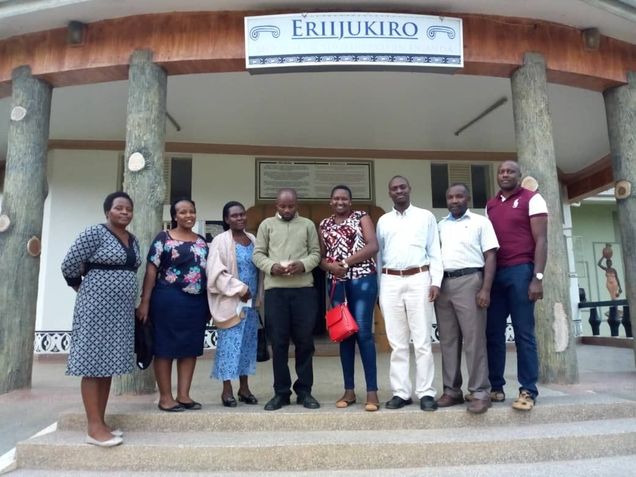
We are thrilled to have a newly purchased Genexpert machine (pictured right) at the Mbarara University of Science and Technology Laboratory for HIV viral load testing. The ADEPTT lab team has just completed training and set up of the machine and will begin with testing 132 stored ADEPTT plasma samples. Subsequent viral load testing will happen close to specimen collection, which will enable us give results to participants soon after their baseline visit.
Russia Cohort and ZINC RCT
As of September 1st, St PETER has enrolled 192 participants and an additional 19 participants have continued on in the Russia ARCH cohort without enrolling into St PETER. Three-month completion rate for St PETER is 92.8%. As of September 1st, PETER PAIN has enrolled 4 participants.
Congratulations to Christine Cheng, Andrew Henderson, and Kaku So-Armah on receiving funding for an R61, “Effect of opioid use disorder on HIV latent reservoirs and immune dysfunction assessed by single-cell transcriptomics.” This study will leverage St PETER and ARCH resources to examine whether substance use influences the spread and course of HIV infection and disease.
Marina Vetrova, MD from St. Petersburg, Russia and an assessor on the St PETER, TMAO, ACME, and PETER PAIN studies, was awarded a NIDA INVEST fellowship to investigate the relationship between HIV infection, substance use stigma, initiation of antiretroviral treatment, and achievement of viral load suppression from both patient and health care perspectives. She plans to utilize data from the Russia ARCH, ZINC, and LINC-II studies. She will spend one year in Boston working under the mentorship of Drs. Samet and Lunze. We look forward to her arrival in early 2019.
The team is actively pursuing data analyses, abstract submissions, and manuscript preparation. In June and July, study team members attended the College on Problems of Drug Dependence Annual Scientific Meeting, Research Society on Alcoholism Annual Meeting, and the International AIDS Conference in San Diego, California and Amsterdam, Netherlands, where the following posters were presented:
- Recent cannabis use and advanced liver fibrosis among HIV-infected heavy drinkers (Fuster et al.)
- Dual stigma among HIV-positive PWID in Russia and health care outcomes (Vetrova et al.)
- Dual stigma affecting HIV-positive PWID in Russia: a qualitative study (Toussova et al.)
- Change in alcohol consumption and change in inflammatory biomarkers in HIV+ drinkers (So-Armah et al.)
- Associations between hazardous alcohol use, antiretroviral receipt and viral suppression in HIV-positive people who inject drugs in the U.S., India, Russia, Vietnam (Wagman et al.)
- Correlates of intersectional HIV and substance use stigma among people with substance use and HIV in Russia (Lunze et al.)
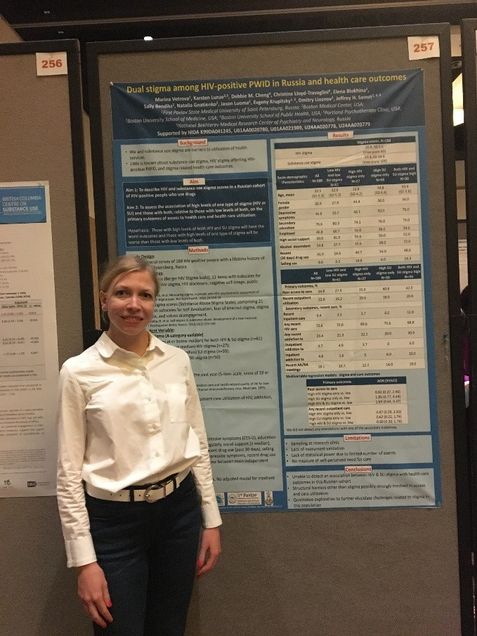
Boston Cohort
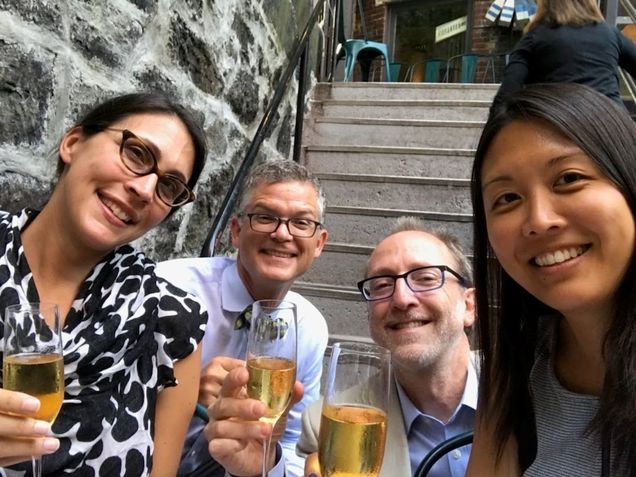
As of September 5th, Boston ARCH 4F has completed 96 baseline visits; 95 with participants from the original Boston ARCH Bone Cohort and one with our first new participant who was not previously involved in Boston ARCH Bone.
Boston ARCH 4F has now entered the follow-up phase, and the RAs have completed 6-Month follow-up phone interviews with 6 participants.
The team is continuing to pursue data analyses and prepare manuscripts for publication, and is exploring new collaborations. We have also been busy submitting grant proposals for new research projects focusing on substance use treatment.
